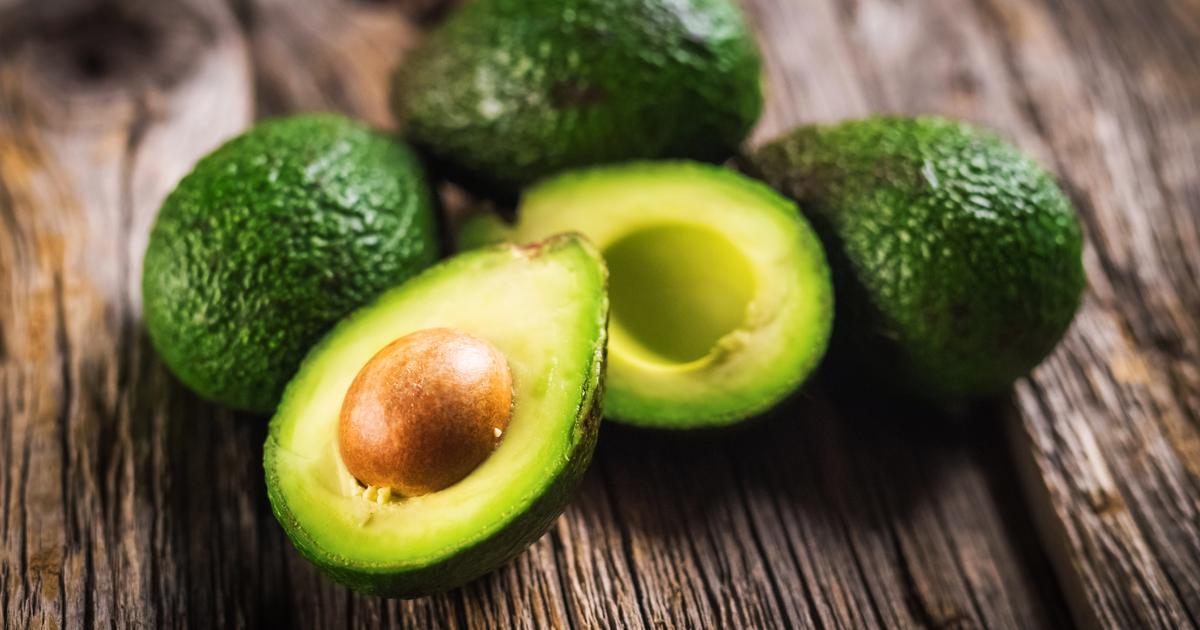According to a new study, there is a clear link between meat consumption and urinary tract infections. Vegetarians have much better cards.
Constant urge to urinate, burning sensation when urinating and abdominal pain: urinary tract infections are as unpleasant as they are persistent. Often, antibiotics are the only remedies that can really keep bacterial cystitis at bay. Women in particular are susceptible to an infection: According to the World Health Organization (WHO), every second woman suffers from a urinary tract infection or cystitis at least once in her life. The reason for this is that the urethra is shorter in women. This makes it easier for bacteria to enter the bladder.
Common recommendations for the prevention of urinary tract infections
A urinary tract infection differs from a bladder infection in that it can also affect the kidneys and urinary tract. The latter, on the other hand, only affects the bladder and is therefore also referred to as a lower urinary tract infection.
If you want to do without antibiotics, you can either rely on home remedies or pay attention to prevention from the outset. For example, the abdomen should always be kept warm in cooler temperatures. In addition, the recommendation is to wipe from front to back after using the toilet to reduce the chances of bacteria entering the urinary tract. Recommendations regarding proper nutrition have so far been sparse. Now, however, a new study is causing a stir that identifies meat as the cause of urinary tract infections.
Those who frequently suffer from urinary tract infections should reconsider their meat consumption. © Kia Cheng Boon/IMAGO
Culprit E. coli: Results of the new study
The main cause of urinary tract infections is the intestinal bacterium E. coli. On average, around 80 percent of all illnesses can be traced back to it. Thanks to a sophisticated closing technique, the germ adheres to the surface of the urinary tract and thus prevents it from being flushed out with the urine. In the human intestine, on the other hand, the bacterium is harmless. Researchers at George Washington University have now established a revealing link between meat consumption and urinary tract infections. According to the report, at least half a million urinary tract infections in the U.S. are due to the consumption of meat contaminated with E. coli bacteria.
"Most people know that eating undercooked meat or accidentally ingesting meat bacteria can cause stomach upset," says professor and study leader Lance B. Price, according to The Washington Post. "But now we also know that certain types of E. coli that come from raw meat cause hundreds of thousands of urinary tract infections."
Meat promotes cystitis? Procedure and evaluation of the study
The study was published last month in the journal One Health. For a year, the researchers took samples every two weeks from raw chicken, turkey and pork sold in large grocery chains. In the end, we were talking about more than 1,900 E. coli samples. They also evaluated nearly 1,200 urine and blood samples from the local doctor's office for E. coli levels.
0
Also Read
Cholesterol is too high: Ten foods that drive up LDL levels
READ
Cholesterol too high: Six physical symptoms can be warning signs
READ
Dementia: Sleep symptom can announce it years in advance
READ
Lowering high blood pressure with magnesium – University chief physician: "A miracle cure of nature"
READ
Recognizing colorectal cancer: Ten symptoms could indicate a tumor
READ
Fancy a voyage of discovery?
My Area
The evaluation in the laboratory led to surprising findings: About eight percent of urinary tract infections caused by E. coli can be caused by meat. That's up to 640,000 urinary tract infections per year that can be traced back to the consumption of chicken, turkey and the like – meats that actually have the reputation of being healthy and are recommended as part of a balanced diet. So, vegetarians have a lower risk of developing urinary tract infections.
The result of the study has aroused a lot of interest among medical professionals. "It was a surprise that such a large number of urinary tract infections — more than half a million — are caused by E. coli bacteria that we ingest with food," says Dr. William Schaffner, who works as a professor of infectious diseases at Vanderbilt University Medical Center in Nashville and was not involved in the study.
Don't miss a thing: You can find everything you need to know about health in the regular newsletter from our partner 24vita.de.
Can infections soon be prevented thanks to the study?
Of course, it should be kept in mind that the study is based solely on samples from a single U.S. city. Therefore, it is quite questionable whether the result can be transferred to Germany. However, there are constant reports of food contaminated with E. coli bacteria or otherwise in this country. Especially with animal products such as meat, milk and eggs, there is a greater risk that they will be full of germs.
Study leader Lance B. Price is hopeful that his study can help prevent foodborne transmission of infectious diseases. "This study places even greater responsibility on food and animal producers to prevent these bacteria from entering the food supply," he explains. Animals should be vaccinated against six of the most dangerous strains of E. coli so that they cannot transmit germs.
This article contains only general information on the respective health topic and is therefore not intended for self-diagnosis, treatment or medication. It is in no way a substitute for a visit to the doctor. Unfortunately, individual questions about clinical pictures may not be answered by our editors.







